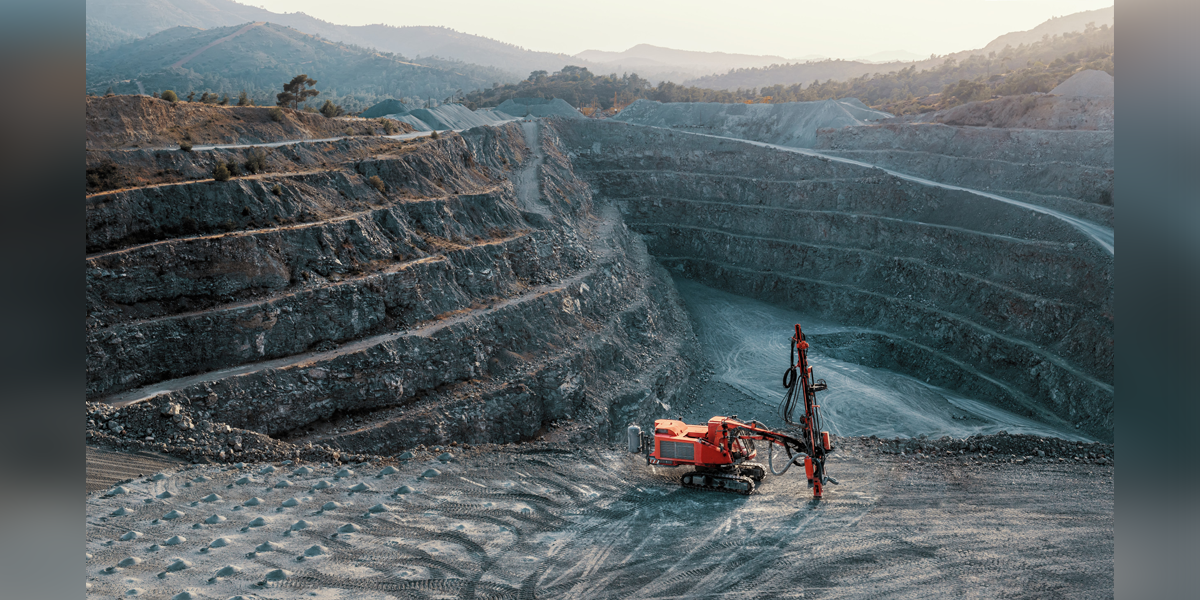In a significant move to strengthen domestic resource security and promote sustainability, the Government of India is planning a ₹1,500 crore incentive scheme to encourage the recycling of critical minerals. These include high-demand resources like lithium, cobalt, nickel, neodymium, and other rare earth elements essential for clean energy technologies, electronics, and defense applications.
The initiative aligns with India’s push for Atmanirbhar Bharat (self-reliant India), while supporting a circular economy to reduce dependency on imports of strategic raw materials.
What Are Critical Minerals?
Critical minerals are raw materials that are economically and strategically important but have a high risk of supply disruptions. They are crucial for:
-
Electric vehicle (EV) batteries (lithium, cobalt, nickel)
-
Wind turbines and permanent magnets (neodymium, dysprosium)
-
Electronics and semiconductors
-
Defense technologies
Currently, India relies heavily on imports—especially from China—for these materials, making supply chains vulnerable to geopolitical tensions.
Key Features of the Proposed Incentive Scheme
-
Financial Outlay: ₹1,500 crore to be allocated under a phased rollout
-
Objective:
-
Support startups and industrial units involved in recycling critical and rare earth minerals
-
Encourage technology partnerships for mineral recovery
-
-
Implementation Body: Ministry of Mines in collaboration with NITI Aayog and other technical agencies
-
Mode of Support:
-
Production-linked incentives (PLI)
-
Capital subsidies for setting up recycling units
-
Grants for R&D in extraction and purification technologies
-
Strategic Impact
-
Reduced Import Dependence
By developing domestic recycling capabilities, India can recover critical materials from end-of-life electronics, EV batteries, and industrial waste. -
Boost to Green Economy
This initiative will feed into India’s broader climate goals by ensuring a steady, ethical, and environment-friendly supply of materials for green technologies. -
Job Creation and Industrial Growth
The scheme is expected to generate skilled jobs in recycling, R&D, and manufacturing, while attracting investments from domestic and international players.
Industry Collaboration
Reports indicate that Midwest Advanced Materials (MAM), a Hyderabad-based company specializing in advanced materials and rare earth magnet development, is in talks with the Non-Ferrous Materials Technology Development Centre (NFTDC) to commercialize extraction technologies.
Such partnerships could help build the necessary ecosystem for rare earth recycling and magnet production within India.
Challenges Ahead
-
Technology gap in efficient recycling of rare earths and lithium-ion battery components
-
Infrastructure investment needed for material collection, segregation, and processing
-
Need for policy clarity on e-waste management and environmental norms
The ₹1,500 crore recycling incentive scheme is a forward-looking step that addresses both resource scarcity and environmental responsibility. As India aims to become a global hub for renewable energy and advanced manufacturing, creating a robust supply chain for critical minerals through recycling is not just beneficial—it is essential.
Investors, tech developers, and industrial players should closely monitor the rollout of this scheme, as it may open up substantial opportunities in the clean-tech and materials sectors.

